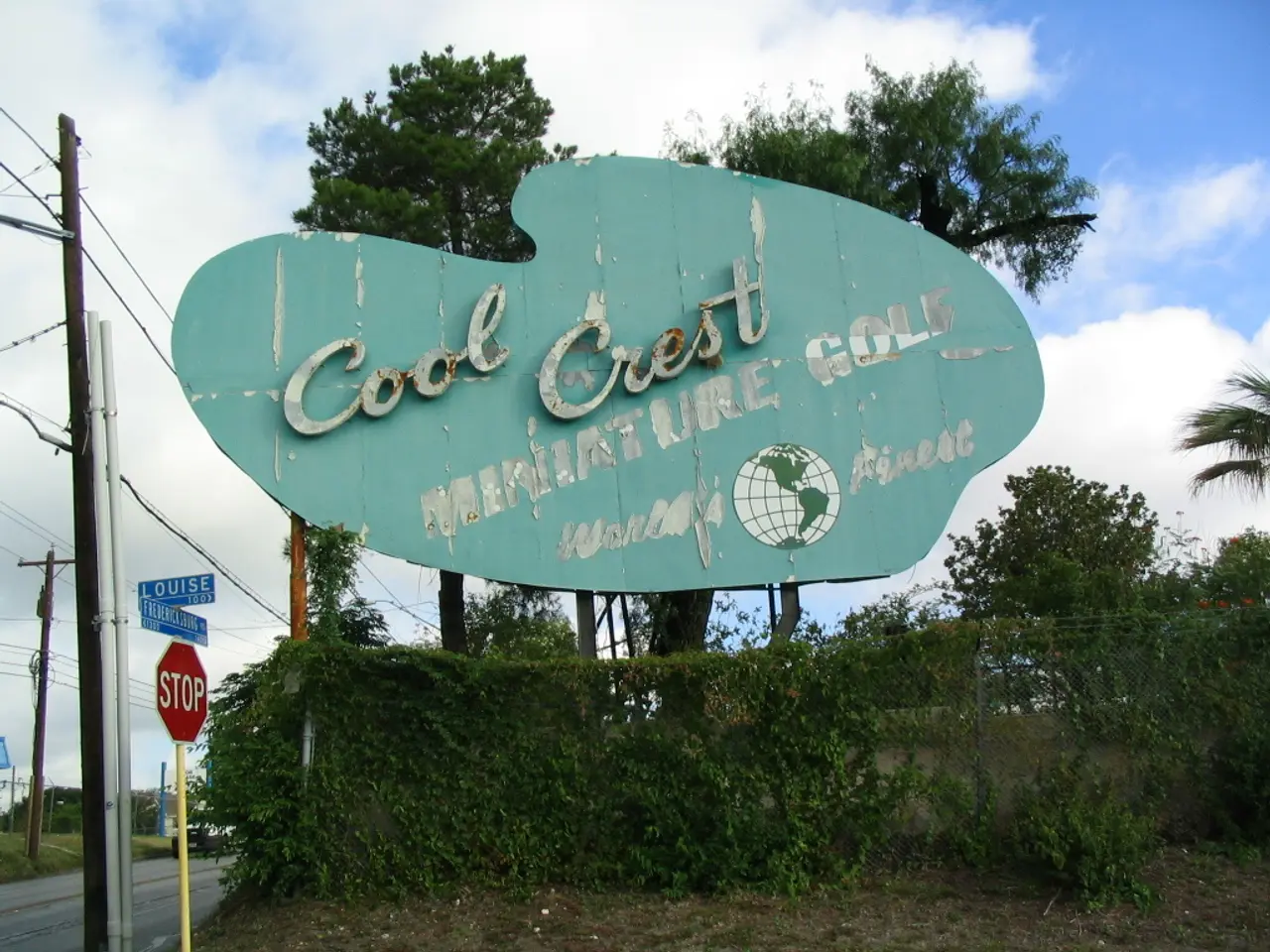Future of Freight Transportation: Timber, Mobile App, and Shared Resource Marketplace
In a bid to promote resource-saving and climate-friendly logistics, Epal Germany is showcasing its sustainable and efficient solutions at the Transport Logistic in Munich, Hall B5, Stand 313. The European Pallet Association, in collaboration with the Federal Association of Wood Packaging, Pallets, Export Packaging (hpe), is highlighting the role of wood as a renewable raw material in the climate-friendly transformation of logistics.
Epal's focus at the trade fair is on quality, digitization, and the circular economy in pallet logistics. The company's sustainable and durable European pallets, primarily sourced from sustainable forestry in Germany, are designed to bind CO2 in the long term and contribute to the preservation of biodiversity.
Quality lies at the heart of Epal's offerings. The standardized and reusable wooden design of the European pallets ensures longevity, minimizing the need for frequent replacement, and reducing material consumption and waste in logistics operations. This approach supports sustainability by extending pallet life cycles.
Digitization is another key aspect of Epal's strategy. By integrating digital tools and technologies into pallet management, Epal facilitates better tracking, efficient utilization, and optimization of pallet flows within supply chains. Digitization enables precise monitoring of pallet conditions and locations, reducing losses, and improving asset utilization, which translates into lower emissions and resource use in logistics operations.
The circular economy model is central to Epal's approach. By designing and managing pallets to be reused, repaired, and recycled effectively, Epal minimizes raw material extraction and waste generation, aligning with climate-friendly practices by reducing greenhouse gas emissions associated with production and disposal. Through systematic refurbishing and reconditioning programs, Epal supports a closed-loop system that sustains material value and environmental benefits over many pallet lifecycles.
These strategies enable logistics industries to reduce their carbon footprint by lowering resource consumption, enhancing operational efficiency, and fostering sustainable material cycles. This comprehensive approach exemplifies how pallet logistics solutions can act as leverage points for the broader climate-friendly transformation of global supply chains.
For transport and logistics companies seeking to credibly demonstrate their sustainability goals, Epal's properties could be an advantage. The introduction of the QR code pallet and the new Epal Pallet App is intended to improve traceability and contribute to digitization along the supply chain, further enhancing Epal's commitment to sustainability.
In conclusion, Epal Germany's sustainable pallet solutions contribute significantly to greener logistics by enhancing sustainability through product quality, leveraging digitization for operational efficiency, and embedding circular economy principles to minimize environmental impact. The company's presence at the Transport Logistic in Munich serves as a testament to its leadership in the climate-friendly transformation of the logistics industry.
[1] European Pallet Association. (n.d.). Sustainability. Retrieved from https://www.epal.com/en/sustainability/ [2] European Pallet Association. (n.d.). Circular Economy. Retrieved from https://www.epal.com/en/circular-economy/
- Epal highlights the role of technology in promoting resource-saving and climate-friendly logistics, particularly in its focus on digitization for optimal pallet management and traceability.
- By integrating digital tools and technologies into their pallet management, Epal contributes to the broader climate-friendly transformation of global supply chains, enhancing operational efficiency and fostering sustainable material cycles.




